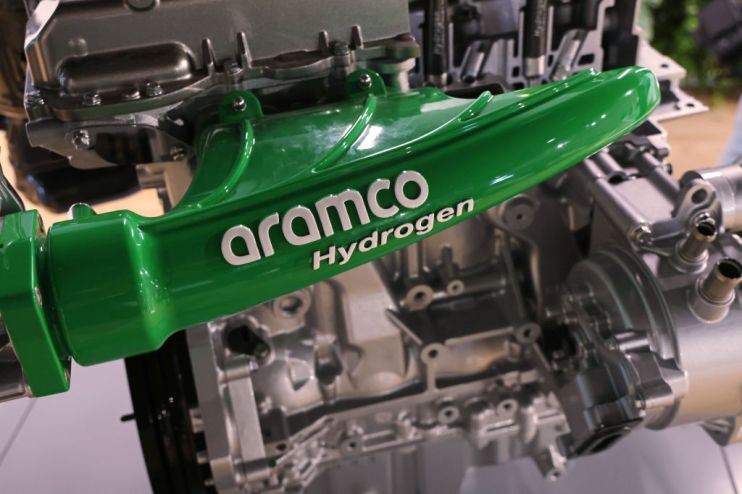Saudi shift away from oil and gas doesn’t mean end of chemicals industry

Much has been made of Saudi Arabia’s Vision 2030 and the desire of the country’s leadership to shift the country’s economy away from a reliance on oil and gas.
But that doesn’t mean by any sense that manufacturing and the production of vital raw materials will fall away. In fact, one of Saudi’s most thriving sectors is the chemicals industry, which employs some 89,000 employees and provides indirect employment for at least three times as many across the Kingdom.
Indeed it represents some 60 per cent of the Kingdom’s non-oil exports and remains right at the heart of the country’s Vision 2030 aims.
Of course, it’s impossible to discuss Saudi Arabia’s petrochemical sector without mentioning Aramco.
The state-owned firm best known for oil and gas launched into the chemicals business in 1988, and chemicals are now the world’s fastest growing crude oil demand sectors. That’s why Warren Wilder – the giant’s vice president of chemicals – said last year that the “sector will play an increasingly important role for the future.
“Most of the Kingdom’s petrochemicals presently being exported are commodities. These products, such as polyethylene, polypropylene, and MEG account for 98% of Saudi petrochemical production, compared to only 60% to 70% for Germany and the U.S.
“While Saudi Arabia certainly needs its commodities production strength, we also need to radically alter the downstream equation to derive greater benefits in-Kingdom, through knowledge-based and innovation-driven small- and medium-sized enterprises,” Wilder said at the Saudi Arabia Section of the American Institute of Chemical Engineers.
